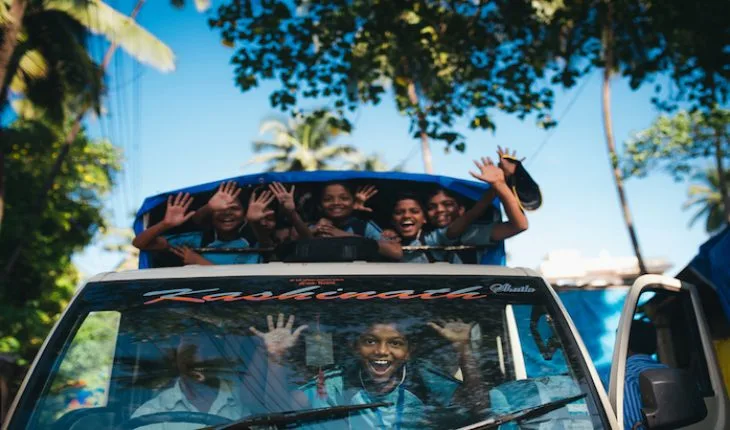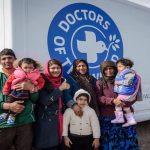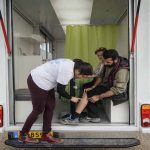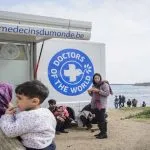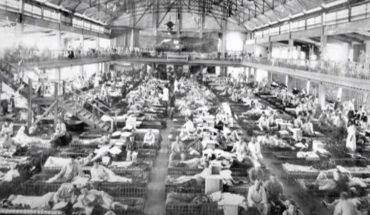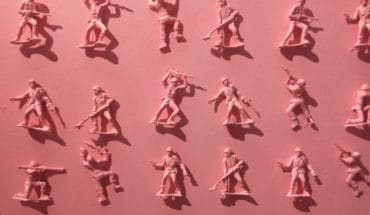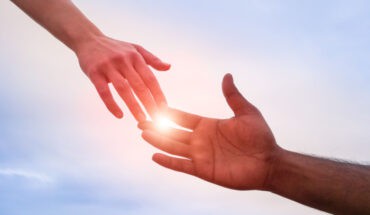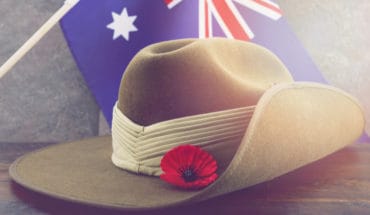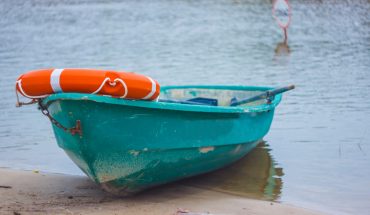Aaminah Verity is a volunteer doctor who works with the international healthcare charity, Doctors of the World (Médecins du Monde). She recently spent six weeks on the Greek island of Chios, working in the charity’s mobile clinic, aka the “Medibus”, and also spent time at a static clinic situated in one of the main refugee camps on the island.
The most difficult consultation I carried out while volunteering with Doctors of the World on Chios was with an eight-year-old Afghan boy. He and his brother had fled the Taliban and he was in a very bad way – he was so weak, he often fell over and was unable to stand up from sitting without help. It only took me a few minutes examining him to realise that he most likely had some form of muscular dystrophy. If he had been anywhere else he would have been urgently referred to a paediatrician for muscle biopsies and genetic tests, and put in touch with support networks all I could do was explain my diagnosis to him. I referred the boy’s case to the UN, telling them how important it was for him to see a paediatrician, but they simply said they’d get back to us. I still don’t know what happened to him.
I was the only doctor in the small team providing medical care to refugees who had recently arrived from Turkey, having made the dangerous journey over the Aegean Sea in small rubber boats. In just under six weeks we performed 1,180 consultations, saw 59 pregnant women and 464 under-fives. There were several camps across the island and only two of them had a permanent medical presence.
Although there were other healthcare providers on Chios, Doctors of the World was the only NGO that had a fully-functioning mobile clinic. Taking the medibus to the other camps on the island, we were often overwhelmed by how many people wanted to see a doctor. The majority of the emergency cases I referred straight to hospital were from the camps we visited in the bus. People either had to wait for us to arrive or ask non-medical volunteers in the camp to take them to hospital, which meant that often by the time we saw people, they were in a bad way.
A typical day would begin with us opening the static clinic in Souda, the biggest camp on the island at 9am. On arrival, we would check with the camp’s management for updates on the patients we had sent to the hospital and to see if there were any urgent cases waiting for us. We would then set up the clinic and perform consultations with the help of our amazing translators until lunchtime.
After lunch we’d take the medibus out to the other camps, which we visited on a rotating basis. It was important to park somewhere where we could control entry and exit to the vehicle and also ensure that consultations could be performed in a confidential space. We were meant to work till 5pm but would often stay late as the needs in these camps were so high.
Many of the patients I treated in the medibus spoke of their appreciation for the clinic. We were a group of people who would listen to their stories and problems and try to help them.We referred many patients who needed urgent care to hospital, but I think another important part of our role was to provide a calm space where the patient was the focus.
I’m now back in Greece for three months, working on a project with other partners from the international Médecins du Monde network to try and improve conditions and healthcare provision for the thousands of refugees who have become stranded in the country. Doctors of the World’s medibus has been moved to Larissa, one of the hottest regions in Greece where nearly 800 refugees are living in pretty dire conditions. We are seeing many patients with deteriorating mental health as a result of the harsh conditions and uncertainty about their futures.
For me, providing medical care was the start of my role in Greece. I think it’s vital to have medics in the field bearing witness and speaking out about what they’re seeing. What’s happening there might feel like a long way away from our experiences in the UK but it’s not. There are over 50,000 refugees stranded in Greece and we are seeing Europe fall short of providing adequate housing, medical care, schooling and futures for these people. We have a responsibility to pressure our politicians to find a humane and workable solution as soon as possible.
If you would like to make a donation towards Doctors of the World’s work providing healthcare for refugees in Europe, please click here.
- Heals on wheels - 24th May 2016

